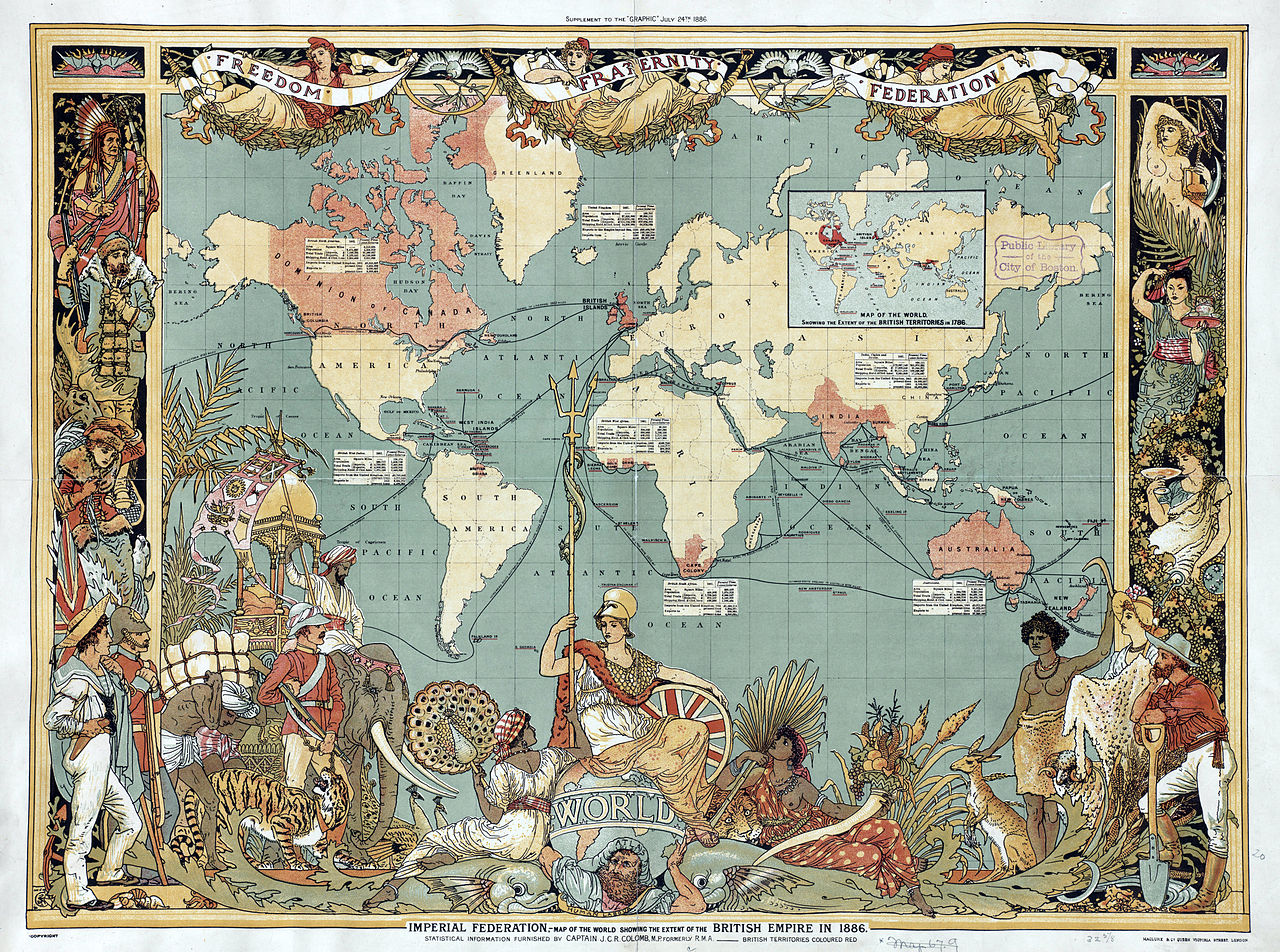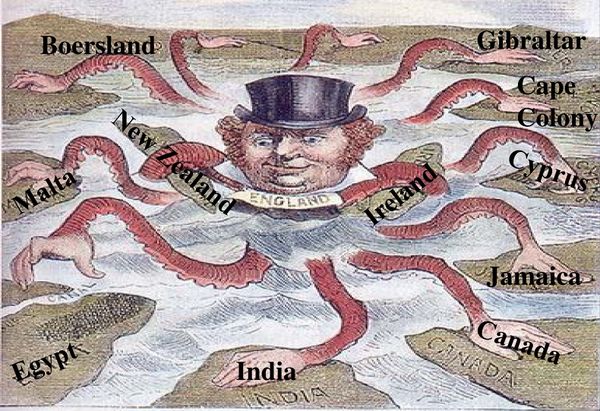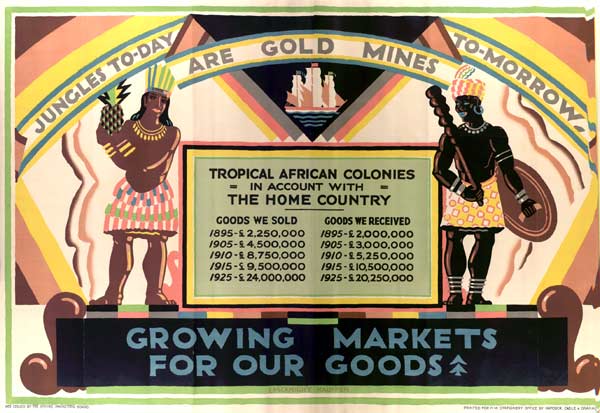As states industrialized during this period, they also expanded their existing overseas colonies and established new types of colonies and transoceanic empires. Regional warfare and diplomacy both resulted in and were affected by this process of modern empire building. The process was led mostly by Europe, although not all states were affected equally, which led to an increase of European influence around the world.
The United States and Japan also participated in this process. The growth of new empires challenged the power of existing land-based empires of Eurasia. New ideas about nationalism, race, gender, class, and culture also developed that facilitated the spread of transoceanic empires, as well as justified anti-imperial resistance and the formation of new national identities.
New racial ideologies, especially Social Darwinism, facilitated and justified imperialism.

Imperialism – the domination by one country of the political, economic, or cultural life of another country or region.
Motives for Imperialism – economic interests, political motives, military motives, humanitarian goals, religious goals, and SOCIAL DARWINISM


You must be logged in to post a comment.